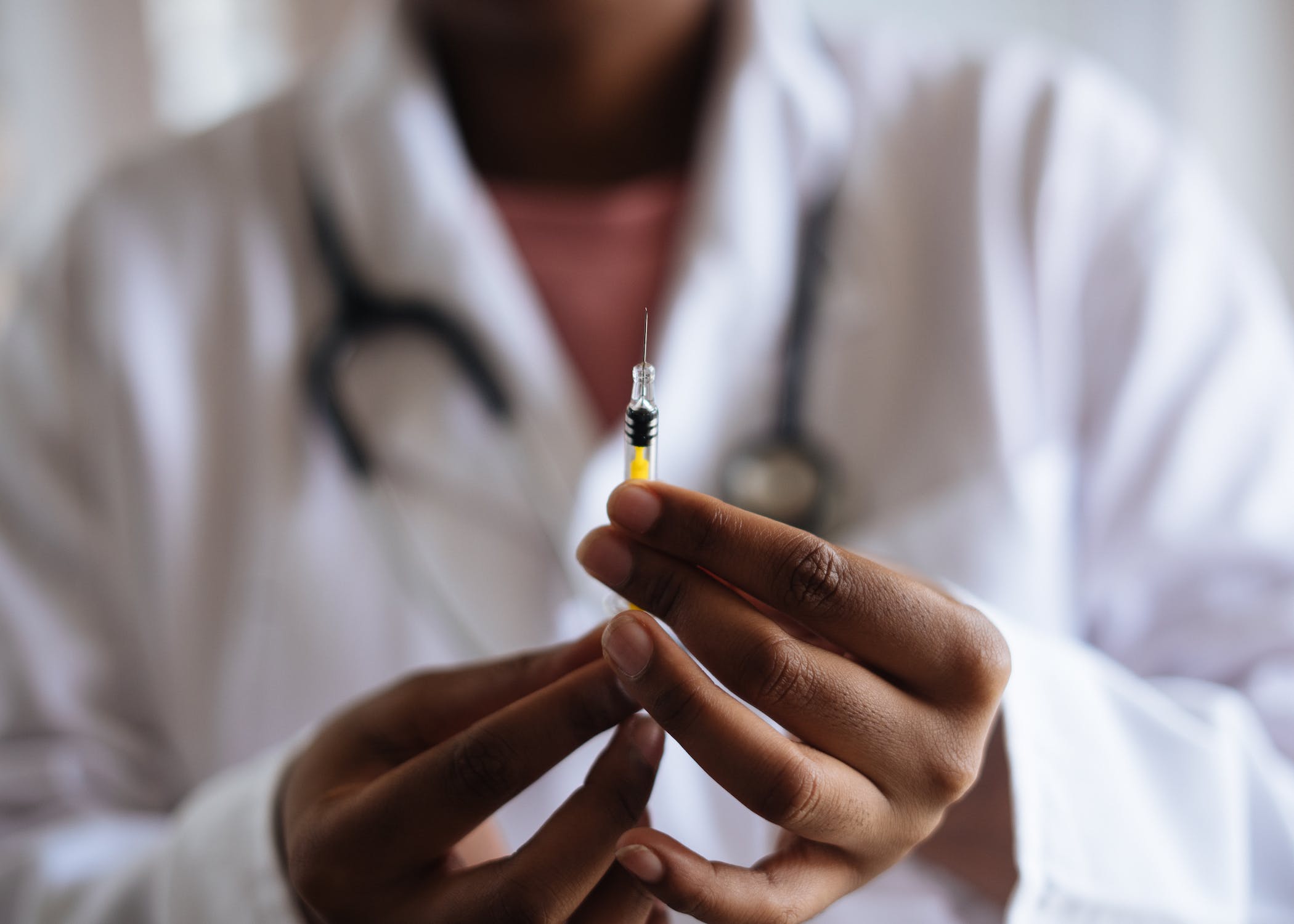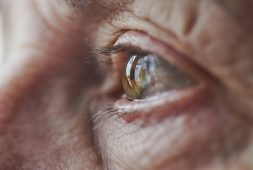
After undergoing 8 years of testing and trials, the highly anticipated verdict on the approval of Oxford’s R21 malaria vaccine has finally been reached.
Two major economies in West Africa, Ghana and Nigeria, have granted their approval for immunizing infants aged between 5 months and 3 years. This group is the one with the highest mortality rates for malaria.
Scientists have dedicated over a century to developing a malaria vaccine, and the final trial data on the R21 vaccine, involving a study of 5,000 children in Burkina Faso, has been shared with African health and drug authorities but has not yet been made public.
Director of the Jenner Institute at the University of Oxford where the vaccine was invented, Professor Adrian Hill, told BBC, “We expect R21 to make a major impact on malaria mortality in children in the coming years, and in the longer term [it] will contribute to overall final goal of malaria eradication and elimination.”
In preparation for its deployment in Africa, the Serum Institute in India is currently manufacturing between 100 and 200 million doses of the vaccine.
Ghana is the first country to authorize its use, and it is also establishing a factory in its capital city of Accra for the production of the R21 vaccine at a cost of only a few dollars per dose.
In the same BBC report, CEO of the Serum Institute, Adar Poonawalla, said, “Developing a vaccine to greatly impact this huge disease burden has been extraordinarily difficult.” He also added that being the first country to approve the vaccine, Ghana represents a “significant milestone in our efforts to combat malaria around the world.”
This vaccine trains the body to generate “very strong” levels of antibodies by introducing it to the circumsporozoite protein coating present on 10 to 20 different malaria parasites transmitted by mosquitos. With an efficacy rating of 80%, it achieves the highest level of effectiveness with an appropriate level of safety.
In addition to Ghana and Nigeria, other countries, as well as the World Health Organization (WHO), may follow suit in approving the vaccine. Collectively, Ghana, Nigeria, and their Francophone neighbor, Ivory Coast, account for a quarter of the continent’s GDP and have a combined population of over 160 million people.
See more about this life-altering vaccine in the video below:



